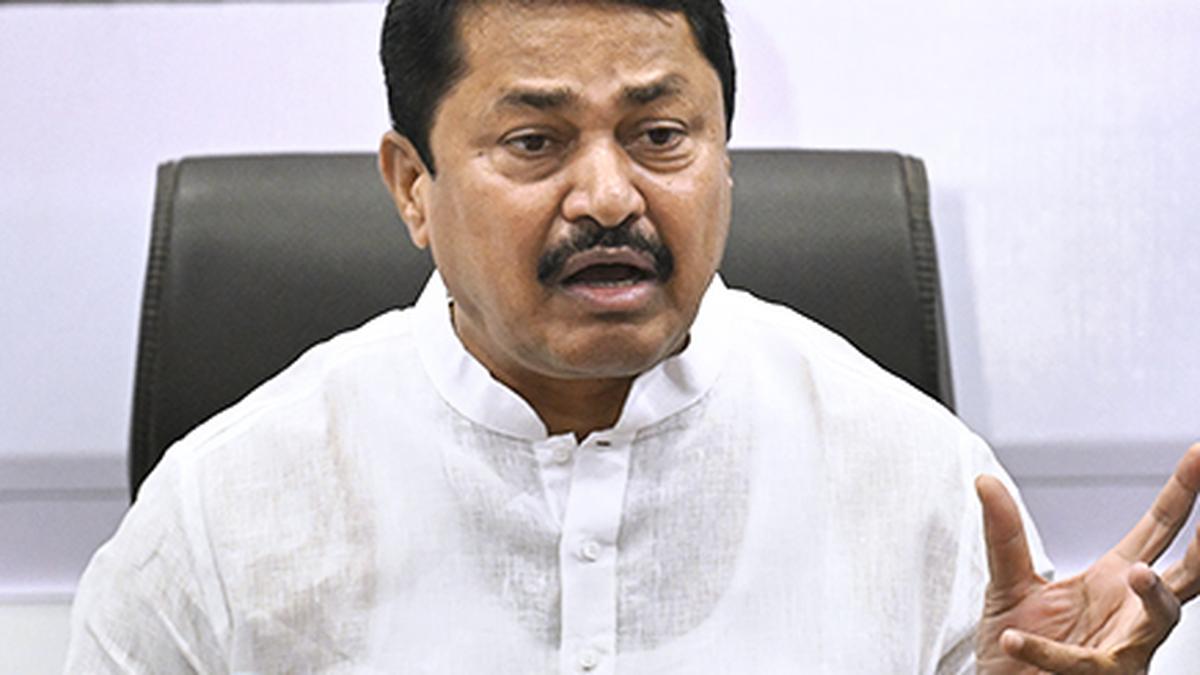During the Portuguese rule in Goa, the rules of elections were initiated in 1821 and from 1821 to 1961 elections to the Parliament of Portugal were conducted in Goa for a major part of this period and only ‘privileged’ Goans were eligible to vote. Rules governing the eligibility of contestants (eligiveis) and voters (eleitores) in parliamentary elections remained largely consistent during the first five decades of the 19th century, with a few amendments until Goa was liberated in December 1961.
Eligible voters had to be educated, had to pay taxes and the voting age was reduced from 25 to 21 years for married men. Heads of family had special voting privileges and women did not vote. In her book, The Encounter with the Ballot in Colonial Goa: A Historical and Analytical Study (1821-1961), Sharmila Pais e Martins has traced the rules and regulations governing eligibility of contestants and voters during the Portuguese rule in Goa.
Educational Qualifications: Suffrage capability (sufrágio capacitário) demanded literacy (saber ler e escrever). The general voting age was 25 but it was reduced to 21 years if a voter acquired a higher degree in education. After the historic legislation of September 30, 1852, a higher degree in education obtained from Escola Médico Cirúrgica de Nova Goa (Medical School of Goa), Escola Matemática eMilitar de Goa (Military and Mathematical School of Goa) and Escola de Engenheria de Goa (School of Engineering of Goa) was also recognised for voting.
Not only for voters, but a degree of higher learning was also one criterion to contest elections to parliament. The Law of September 30, 1852, and the Decree of January 12, 1853, decreed that a candidate contesting the seat of a deputado (member of parliament) could have acquired a degree from institutions of higher learning in Portuguese Goa, besides those in the metropolis.
In 1911, the Hindus demanded recognition of vernacular languages as a prerequisite for participation in parliamentary elections on par with Portuguese. Despite the demand, the legislation enacted in 1913 laid stress on literacy in Portuguese (saibam ler e escrever português). This disappointed a substantial section of Hindus who, though, literate in vernacular languages, were denied the right to vote on account of language barriers.
The rule of literacy (saber ler e escrever) was withdrawn in 1918 but it was retained when elections were reintroduced in Portuguese India after 1945. However, the stress was on general literacy. A voter had to prove his literacy through a handwritten application, the genuineness of which had to be attested by a notary.
Taxation: Rules of suffrage privileged tax payers to vote and contest elections in Portuguese India. Taxes were calculated on income from property, business and other sources approved by the government. A taxpayer who fulfilled the minimum financial requirement for voting, besides other qualifications, was registered in the polling records. The administration of the poll tax varied according to the category of voters. For example, in 1851, an otherwise qualified voter in a parochial election paid 10$000 réis, whereas a voter in a parliamentary election paid 20$000 réis (réis was the currency of the Portuguese empire and the double-stroked dollar sign called cifrao was used to mark the thousand decimal).
Taxes were paid in the local currency, either in réis provincial, xerafins (ashrafi; 1 rupia equalled 2 xerafins) or in tangas (16 tangas equalled 1 rupia; the rupia was equal in value to the Indian rupee) for imposts on tobacco. The average tax paid in certain 19th century registers is recorded at 334 xerafins. The wealthier electorate, of course, paid higher tax. It appears from registers that clergymen like parocho or sacerdote, or clérigo were exempt of poll tax, but participated in elections.
Members of Parliament paid taxes three times higher than the voters – it stood at 40$000 réis.
Who could vote?: From 1852 to 1895, apart from the elite section, commoners also participated in the electoral process of Goa, seen in the social composition of voters: proprietário (landlord), carpinteiro (carpenter), varzeiro (farmer), pescador (fisherman), louvrador (toddytapper), distilador (distiller), mainato (washerman), fiscal (supervisor), botiqueiro (shopkeeper), paneleiro (earthen ware-maker), juiz de paz (district judge), emfermeiro (male nurse), taberneiro (innkeeper), julgador (judge), boia (palanquin-bearer), cozinheiro (cook), trabalhador (worker), barbeiro (barber), azeiteiro (oil-miller), jornaleiro (farm worker), orivio (goldsmith), senador (senator), sacerdote (priest), parocho (parish priest), etc.
The number of Goan electorates was really low – in 1860, there were only 6,311 voters that decreased to 3,708 in 1865. In 1878, there were 17,469 voters that soared to 74,621 in 1894 before dropping to 14,624 in 1917 and 11,000 in 1958. This year, 11,66,939 Goans will vote (565,628 male, 601,300 female & 11 third gender electors).
Voting age for married men: In Portugal and her provinces, the voting age was relaxed to 21 years under certain exceptional cases to men who were married and completed a course in higher education such as the lyceum or acquired a degree in education.The election of 1892 shows that the youngest married voter was registered at 21 years of age. Same age rules applied to a candidate contesting elections.
Voting rights for women: The Portuguese Constitution of 1933 and the Law of December 27, 1933, allowed women with a secondary course or a higher degree in education to vote in elections but women in Goa did not vote until 1961.
Head of family: Heads of family had an esteemed position in Portuguese society.
Voting rights were bestowed on them in the Instructions of October 31, 1820. A person was recognised as head of a family on having lived with the household for over a year, a fact attested by a notary in the presence of two witnesses. However, an 1853 decree stated that the head of the family would not be allowed to vote if he did not pay 6 tangas as atobacco consumption tax. After 1895, franchise to heads of family was restrictive. Thus, only heads of family who paid a tax of 5$00 reis and were literate voted in elections.
Domicile: A candidate was required to be domiciled in the constituency/circle he sought to contest from, for a certain number of years. After 1826, domicile was applicable to a voter, but not to a contestant in a parliamentary election. A decade later, the constitution of 1838 partially restored the condition of domicile for a candidate.0
(Source: The Encounter with the Ballot in Colonial Goa: A Historical and Analytical Study (1821-1961) by Sharmila Pais e Martins. With permission from the author.)






